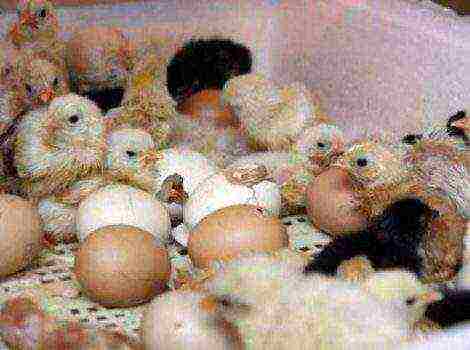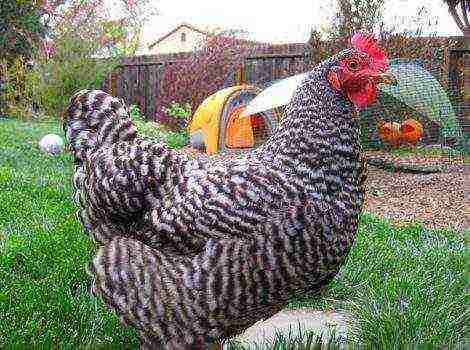Content
- 1 Instructions for the use of trivitamin for birds
- 1.1 Application for broilers
- 1.2 pharmachologic effect
- 1.3 Release form and dosage
- 1.4 Chicken trivitamin
- 1.5 Application of the product for goslings
- 1.6 Trivit for turkey poults
- 1.7 For young stock of other varieties
- 1.8 Instructions for the use of trivitamin for adult birds
- 1.9 Side effects and contraindications
- 1.10 Conclusion
Instructions for the use of trivitamin for birds
A balanced diet is one of the keys to the health of poultry. Experienced farmers pay due attention to the saturation of feed with vitamins and microelements.
A sufficient level of intake of vitamins in the body improves metabolism, increases the resistance of the immune system, contributes to the normal development of the body. With insufficiently vitamin-enriched food and feed, poultry owners often resort to the use of synthetic vitamin complexes to restore a normal balance.
One of the most popular vitamin complexes, intended for poultry, is a trivitamin.
Application for broilers
Trivitamin is intended for therapeutic and prophylactic measures against hypovitaminosis A, D and E - one of the most important vitamins for life.
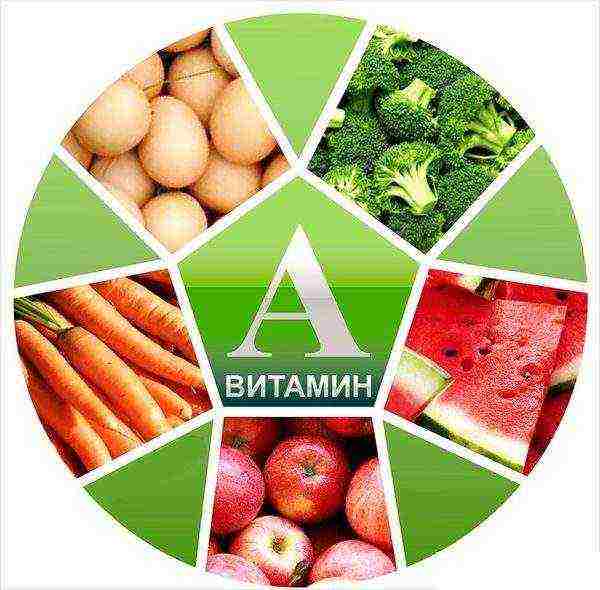
With a lack of vitamin A, the body's resistance to various infections decreases, the regulation of normal functioning and the ability to regenerate epithelial tissues, including mucous membranes, deteriorate.
Signs in which the use of trivitamin is indicated in connection with a deficiency of vitamin A in the body of birds:
- deterioration vision;
- disorder digestive organs;
- deterioration reproductive capabilities;
- decline quantity eggs in a clutch;
- increase in the number unfertilized eggs;
- deterioration in the quality of the pen cover (in severe cases, feather loss);
- curvature and brittleness claws;
- violations the activity of the upper respiratory tract;
- weakness legs;
- conjunctivitis;
In the case of hypovitaminosis D, the absorption of calcium is sharply impaired, because it is this vitamin that is synthesized naturally in the body under the influence of sunlight.
Its main function is to ensure normal growth and development of bones, in particular, the normal development of growth indicators of young animals depends on how well calcium is absorbed in the body under the influence of vitamin D.
Another element that affects growth is vitamin E. In addition, a lack of vitamin E can be signaled by decreased fertility in poultry, central nervous system disorders, muscle weakness and dystrophy.
Vitamin E is also responsible for the normal development of embryos., therefore, for the full health of the offspring. Decreased egg production and underdevelopment of embryos indicate the need for vitamin supplements.
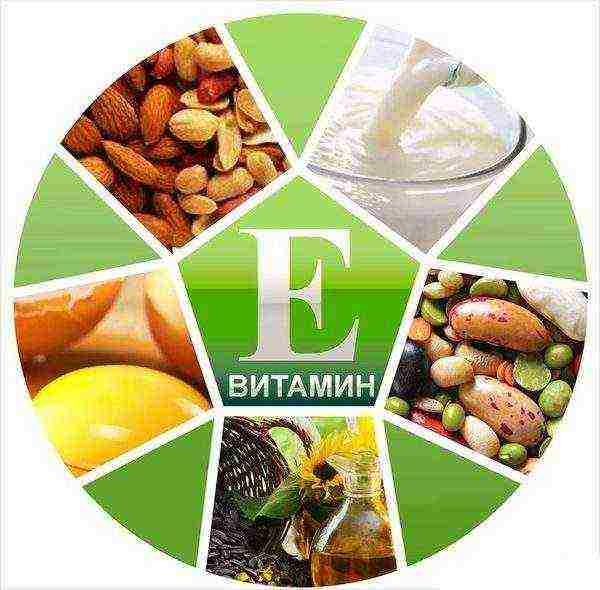
That is why, especially when raising birds in poultry farms without the possibility of being outdoors and feeding the birds with natural feed, it is necessary to use a medicinal vitamin supplement for the full development of the entire livestock.
pharmachologic effect
Due to a physiologically grounded combination of active ingredients (vitamins A, E and D3) in optimal proportions for the body, trivitamin has a high synergistic effect when used for vitamin supplementation of poultry, both for therapeutic and prophylactic purposes.
Release form and dosage
This drug is produced in two forms - as a solution for injection and for oral administration. The solution for injection is packaged in 100 ml containers, packages used for feeding poultry, usually available in volumes of 10, 100 and 1000 ml.
Also on sale there are forms of trivitamin release in large cans with a capacity of up to 34 liters, designed for large farms with a large livestock of agricultural animals. The preparation itself is an oily liquid from light yellow to brown in color with an acceptable slight turbidity and a characteristic smell of vegetable oil.
The production process of this multivitamin does not use GMOs, carcinogens, chemicals or other elements hazardous to health.
There are several drugs with a similar composition:
- trivit.
- tetravit.
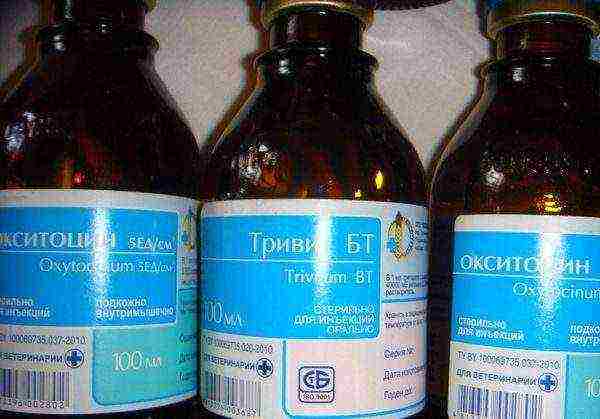
Despite the fact that these drugs are drugs of the same orientation, the ratio of vitamins in them is somewhat different.
Solutions for internal administration can also be used orally, however, it should be borne in mind that the vitamins in the composition are fat-soluble, therefore, adding them to the drink, and not to the feed, can lead to unequal saturation of individual individuals with these elements and, as a result, to an overdose.
The use of preparations based on vitamins D3 should be carried out strictly in accordance with the instructions from the manufacturer. Overdose of such funds can have an extremely negative impact on health and vital signs.
Chicken trivitamin
The use of a vitamin complex in growing chickens helps to avoid a number of problems that novice farmers may face, such as rickets of chicks, lameness, swelling of the joints of the extremities. For prophylaxis, the intake of trivitamin is introduced on the 5-7th day of the chicks' life, especially, especially if greens are not introduced into the diet.
The average permissible dose recommended by the manufacturer for chicks from one week of age is 515 ml / 10 kg of feed.
With individual therapy, give 2 drops for chickens of meat and egg lines aged 9 weeks and 3 drops for broiler chickens older than 5 weeks.
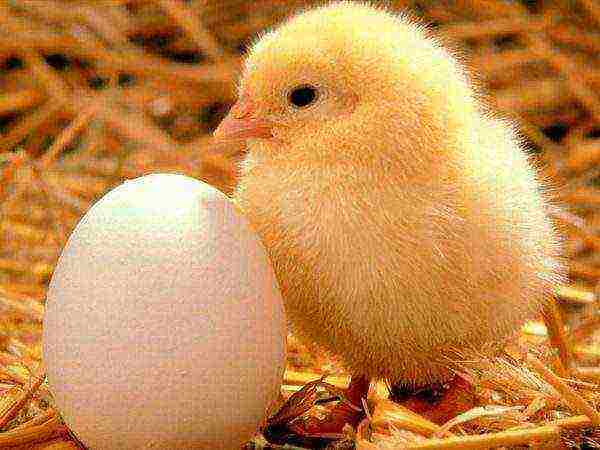
When treating, the drug is given daily for 3-4 weeks until the disease is completely eliminated, after which the weekly intake is transferred according to the preventive scheme.
Application of the product for goslings
For goslings, as well as for ducklings, at the age of 1-8 weeks, the recommended dose is 7.3 ml per 10 kg of feed. Moreover, it should be borne in mind that the dose for replacement geese is 3.7 ml per 10 kg of feed. Prophylactic feeding with a mixture of feed with trivitamin is carried out once a week.
If there is a walk for goslings with access to fresh grass, medicinal prevention of vitamin deficiency can be omitted. If symptoms of vitamin deficiency are detected in individual individuals, treatment is carried out according to an individual scheme with the instillation of the agent into the beak of a separate bird daily for 3-4 weeks until the symptoms associated with the disease are completely eliminated.
The dose for young geese is 5 drops for each bird.
Trivit for turkeys
Just like chicks of other breeds of poultry, turkey poults need to be supplemented with vitamins, especially when grown on a large scale in a poultry farm or large farms.
Depending on the number of heads in the flock and the weight of the feed consumed, the prophylactic dose of the drug is calculated.
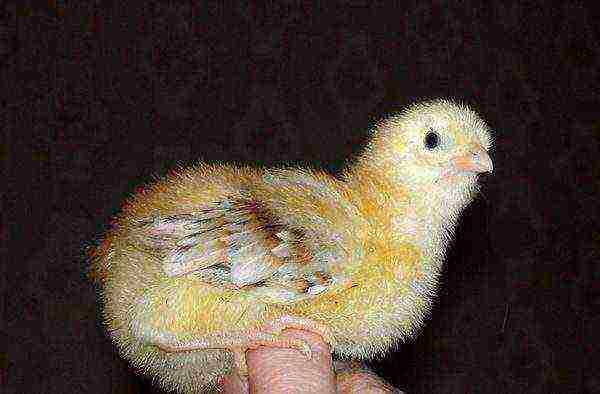
For young turkeys at the age of 1-8 weeks, 14.6 ml of the drug is used per 10 kg of feed once a week.Replacement turkeys are given 5.2 ml of trivitamin per 10 kg of feed. For medicinal purposes for turkeys give 8 drops daily for 3-4 weeks.
For young stock of other varieties
The tool is used for vitamin supplementation for the prevention and treatment of chicks of various types of farm birds. These are quail and guinea fowl ducks. You should adhere to the manufacturer's recommendations in the instructions for the preparation, observing the dosage for each specific species of birds.
Subsequently, the feed enriched with the drug should not be heat treated and stored for more than a day due to the fact that most vitamins are destroyed during storage and at high temperatures.
Instructions for the use of trivitamin for adult birds
The drug is used for the treatment and prevention of conditions caused by vitamin deficiency for adult poultry. The recommended dosage regimen is 1 drop of the drug per head per day every day.
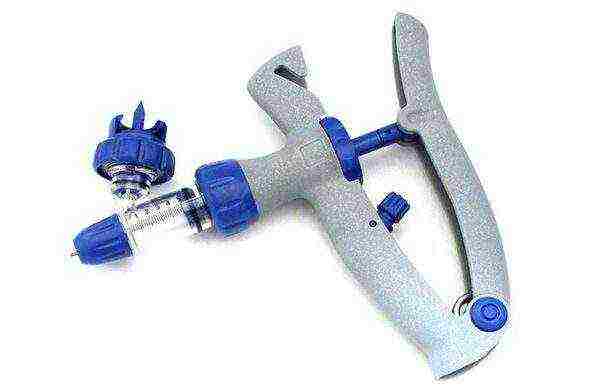
When used in bulk by adding to feed, the following values are used:
- Chickens and turkeys - 7ml per 10kg of feed.
- Ducks -10 ml / 10kg.
- Geese -8 ml / 10kg.
Side effects and contraindications
In the doses recommended by the manufacturers, the trivitamin vitamin complexes do not have side effects, with the exception of rare cases of individual intolerance to certain individuals of the components in the composition of the drug.
Meat, eggs from birds that have taken the trivitamin vitamin complex have no time limits for human consumption.
Conclusion
Poultry farmers are often faced with a number of problems, which are usually caused by vitamin deficiencies in the bird diet.
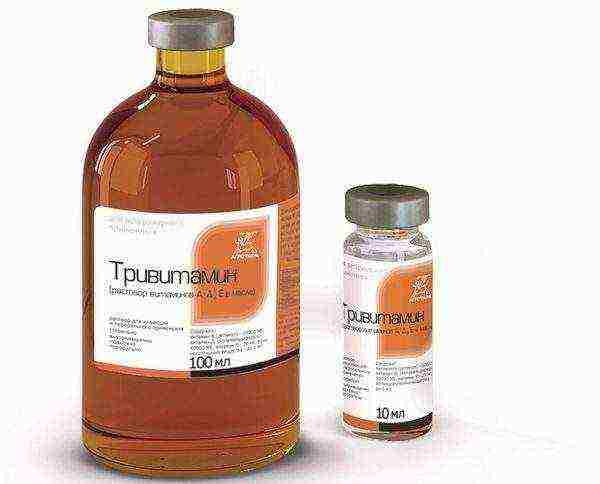
The correct selection of means for feeding livestock can highly effectively increase immunity, improve health indicators, reproductive performance, reduce mortality and the level of susceptibility to infectious diseases. The trivitamin vitamin complex (trivit, tetravit) can be the key to the solution.
In addition to high degree of safety for all types of poultry when using trivitamin according to the instructions, this remedy, due to the absence of harmful elements in the composition, is absolutely safe for people who eat meat, eggs of birds that have received vitamin bait.

